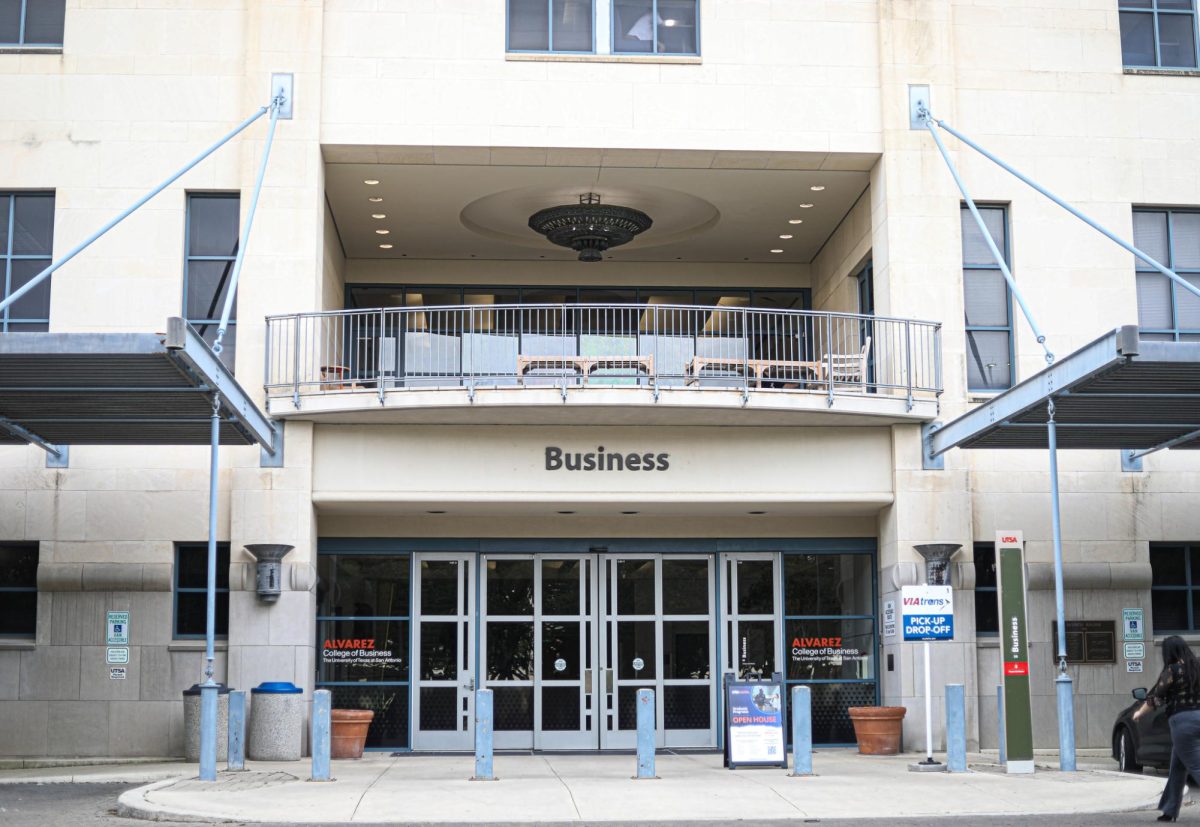
When Robert Collins was asked to turn over his username and password to the Maryland Department of Corrections, he was faced with two options: either give up his Facebook account information or reduce his chances of getting hired, according to an interview with Collins by the American Civil Liberties Union (ACLU).
De-tagging pictures and deleting unwanted posts may not be the only things a job seeker might want to do before trying to land a job in the age of online social networking.
The Maryland Department of Corrections asked Collins to give them his login information to his Facebook account during the interview.
“I felt disrespected. I felt that my privacy was invaded,” Collins said.
Complaints arose about requests to turn over personal information, so the agency changed its policy to only require interviewees to log in to their Facebook accounts themselves during the interview.
Collins still felt like this was not a fix to the problem.
“To me, that’s still invasive. I can appreciate the desire to learn more about the applicant, but it’s still a violation of people’s personal privacy,” Collins said.
Background checks used to be the traditional way to research any image-damaging behavior by potential employees, but now Facebook has become the new way to check someone’s background.
Companies look for a candidate’s criminal record, consumer report, educational and employment history when conducting a background check, and Facebook has become an easy way for companies to screen for unwanted behavior. The issue has sparked a vast amount of controversy around the nation. Unemployed Americans and privacy advocates have become critics to this practice and are arguing that giving up account information to access a person’s personal online social networking profile is a violation of privacy.
In the past, companies would ask job seekers to open up their Facebook accounts on a computer during the interview as the interviewer “shoulder surfs” to see if the applicant has anything suspicious on their account.
In this tough economy-which currently has an unemployment rate of 8.3 percent-job seekers may have no other option but to let companies access their online accounts. Employers used to browse people’s online accounts to see if there was any information that might signal bad behavior, but with privacy settings only certain people can see a person’s online activity.
Facebook used to allow any user to look at another user’s private information, but the policies have been changed to where only certain people have access to private information. Companies want to work around the new privacy policies of sites like Facebook by demanding prospective employees to surrender their private information.
Facebook has also become a lot of people’s “online journals.” Users tend to use the site as a way to express how they feel throughout their day, and many users tend to forget that other people can easily read anything that they post on their profile.
Social media sites like Facebook give access to information about a person’s political party affiliation, gender and sexual orientation. This information may be determining factors in a company’s decision to hire a job seeker if the law does not try to stop it.
“Employers asking for a login and password is an invasion of privacy. Even IT (Information Technology) does not ask for password information,” senior Brittany Smith said. “Employers should be able to look at your profile without that information because once you place information on the internet, anyone can access it if they really wanted to. People should be careful how they present themselves in public as well as on the internet.”
Companies that request people to surrender their “online journals” are not only violating laws such as the Privacy Act of 1974 but Facebook’s privacy policies as well. Facebook’s privacy statement says: “You should never have to share your password, let anyone access your account, or do anything that might jeopardize the security of your account or violate the privacy of your friends. We have worked really hard at Facebook to give you the tools to control who sees your information.”
Places that are practicing this form of privacy violation are mostly public agencies, such as law enforcement and 911 dispatcher positions. Lawmakers such as Connecticut Senator Richard Blumenthal and New York Senator Charles Schumer are calling for an end to this issue. Part of their plan to end this violation of privacy includes having the Department of Justice and the Equal Employment Opportunity Commission look at current federal employment laws to see the legality of this issue.
At the University of Texas at San Antonio there has not been a case where someone has been asked to give up their online login information. “This is an invasion of privacy. Fortunately, I have yet to experience this sort of employment technique,” Senior Richard Rodriguez said. “A potential employer should not require my Facebook login information. I seriously doubt that my future boss wants to sit down at his or her desk and scroll down through my newsfeed.”
Facebook’s Chief Privacy Officer Erin Egan recently released a statement concerning the issue at hand.
“Facebook takes your privacy seriously. We’ll take action to protect the privacy and security of our users, whether by engaging policymakers or, where appropriate, by initiating legal action, including by shutting down applications that abuse their privileges,” Egan said. “While we will continue to do our part, it is important that everyone on Facebook understands they have a right to keep their password to themselves, and we will do our best to protect that right.”











